deep sea
New Species of Marine Worm Found Shimmering in the Deep Sea of Costa Rica
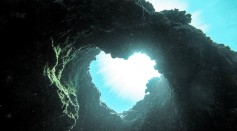
Mysterious Jet Black Eggs Found in Ocean Depths of Some 20,000 Feet
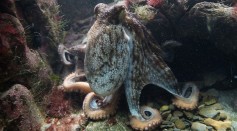
4 Previously Unknown Octopus Species Discovered in Deep Sea Off Costa Rica, Scientists Reveal
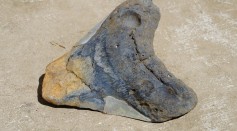
Megalodon Tooth Discovered by Remotely Operated Submersible in Previously Unexplored Ocean Area 10,000 Feet Deep
Deep Sea Fossil Spines Provide Evidence of the First Forms of Life on Earth
Frozen Orange Experiment Allows Japanese Scientists To Develop a Freezer That Works Under Deep Sea Pressure
Deep Sea Bacteria With Magnetic Properties Provides Clues in Searching for Extraterrestrial Life

Search For Missing Titanic Submersible Continues in a Race Against Time; Why Was the Craft Deployed and Who Was on Board?
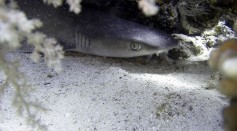
Rare Deep-Sea Shark With Protruding Eyes, Teeth Shocks Fisherman in Australia
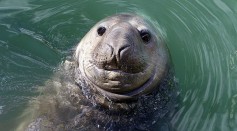
Seals Discovered Using Whiskers for Sensors and Hunting Preys Under Deep Oceans for the First Time
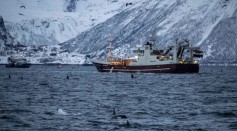
Terrifying Fish With Bulging Eyes, Yellow Iris, and Hanging Gums Caught From 3,600 Feet Below the Ocean Surface [See]
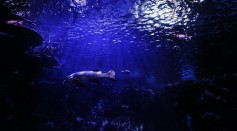
Larger Biodiversity Still Hidden in Deep Seafloor, May Have Part in Regulating Global Climate

Trapped in Time: The Ice Age Never Officially Ended in a Part of the Black Sea
The Glow-in-the-Dark Shark
Most Popular

How Technology Is Changing the Real Estate Industry?

Study Reveals High Turnover in Scientific Research Careers: What This Means for Future Scientists

How a Plant-Based Diet Can Protect Against Breast Cancer: Insights from Nutrition Research

Why It's So Difficult to Lose Weight: The Biological Explanation Behind Obesity





